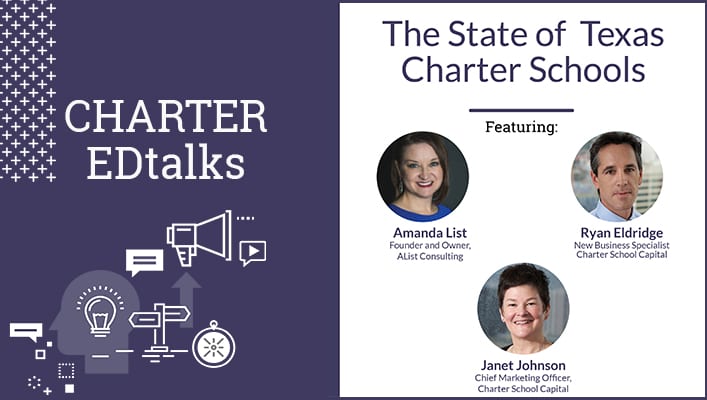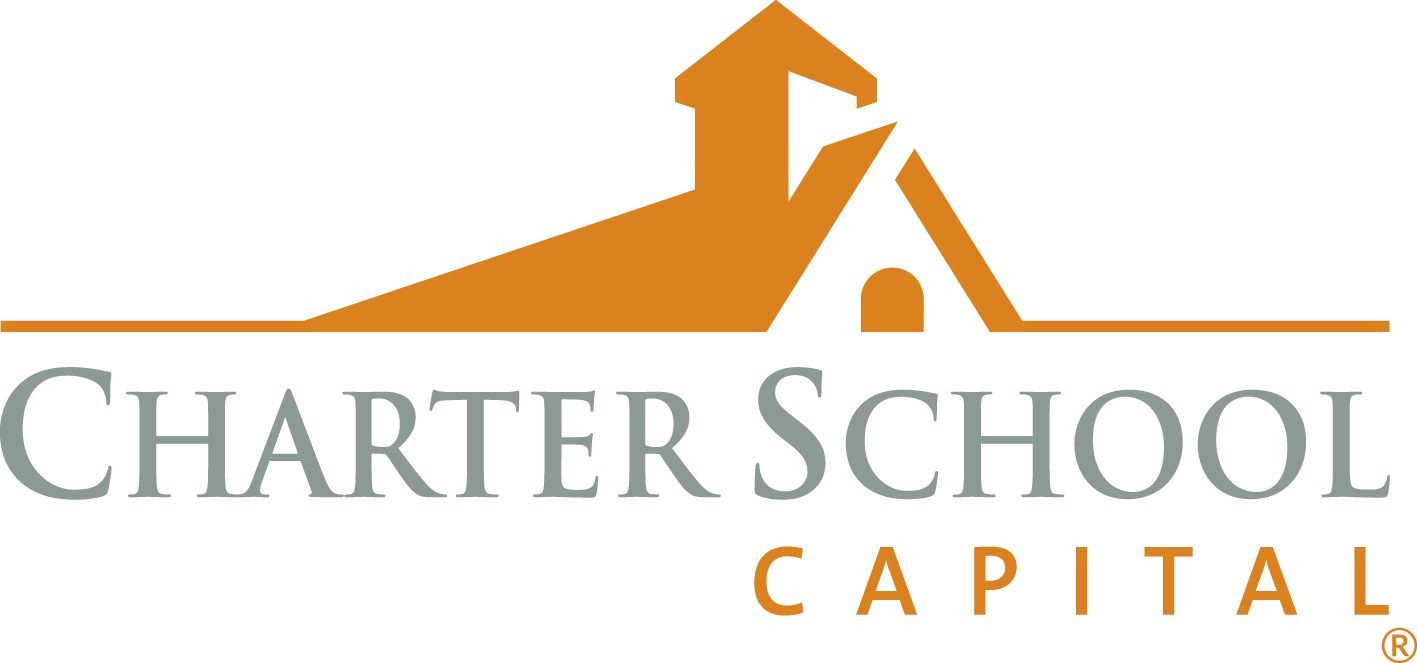House Pub Ed Hearing on Assessment & Accountability
On Tuesday, House Pub Ed met to discuss assessments and hear the progress of implementing recommendations from the 2016 Commission on Next Generation Assessments and Accountability. Commissioner Morath provided invited testimony. Regarding HB 3906 he said, “The question isn’t whether STAAR is designed to accurately measure student knowledge and skills. We know the answer, and it is yes. The question is whether STAAR can be designed differently to more positively influence instructional practices.”
The next phase: TEA is currently conducting a Through-Year Assessment Pilot as required by HB 3906 for the 22-23 school year that someday could potentially replace STAAR as Texas’s summative assessment.
In a shock to many, only one person registered for public testimony.
TEA & State Updates
- House Pub Ed announced their final hearing on interim charges will be held Tuesday, September 20. The committee will meet jointly with the Higher Education committee to hear testimony on the following interim charge:
Evaluate the impact of the pandemic on the state’s teacher workforce, and current practices to improve the recruitment, preparation, and retention of high-quality educators. Explore the impact of the educator preparation program regulatory environment. Make recommendations to improve educator recruitment, retention, and preparation throughout the state
- School choice remained in the news with the release of new polling data. According to a new August poll from UT-Tyler and The Dallas Morning News, 62% of likely voters in Texas support using state funds for children to attend charter or private schools, while 25% oppose it. When asked, “Do you support or oppose school choice, which allows parents to use state funding to send their children to charter or private schools,” 69% of Republicans, 59% of Democrats, and 57% of Independents supported it. Reporting by race showed 67% of Black, 66% of Latino, and 61% of White likely voters support school choice. The full poll and results can be found here.
- The Generation 28 Open-Enrollment Charter Application is now available. Visit the Charter School Applicants Page at to select the appropriate application. Each page will include all necessary application materials and information specific to that application. Email charterapplication@tea.texas.gov with questions concerning the Generation 28 application process.
- TEA is offering a series of professional learning modules at no cost to LEAs for counselors, new administrators, and new CTE teachers. Follow the links for registration information:
New CTE Administrator & Counselor Professional Development Modules
New CTE Teacher Professional Development
DOE & National Updates
- On Thursday, Secretary of Education Miguel Cardona issued the following statement on updated guidance from the CDC regarding the pandemic. “This latest guidance from the CDC should give our students, parents, and educators the confidence they need to head back to school this year with a sense of joy and optimism. While COVID continues to evolve, so has our understanding of the science and what it takes to return to school safely. Thanks to vaccines, boosters, new treatments, and commonsense safety precautions – as well as funding from the American Rescue Plan – our schools have more resources than ever before to provide the healthy learning environments our students need to grow and thrive academically, socially, and emotionally.”
- At a webinar hosted by The Hunt Institute and Trust for Learning early childhood experts reported that longer and unstructured play time is key to early learning. Children’s play should be seen as an important learning tool rather than as a diversion from learning. More here.
Articles of Interest
- Summer programs help area students, educators with learning loss (Washington Post)
- More than 30 DPS officers will patrol Uvalde CISD campuses in new school year, Gov. Abbott says (KSAT)
- Governor Greg Abbott continues campaign push for school choice (CBS)
Important Dates
- Tuesday, August 23 – Texas Commission on Virtual Education hearing (rescheduled from May) focused on special populations
- Wednesday, August 24 – Texas Commission on Virtual Education hearing, including public testimony
- August 30 – September 2 – SBOE Regular Meeting
- Tuesday, September 20 – House Pub Ed joint hearing with Higher Education committee on the impact of the pandemic on the state’s teacher workforce
Check out more and Subscribe to Amanda List TX Legislative Updates here.





